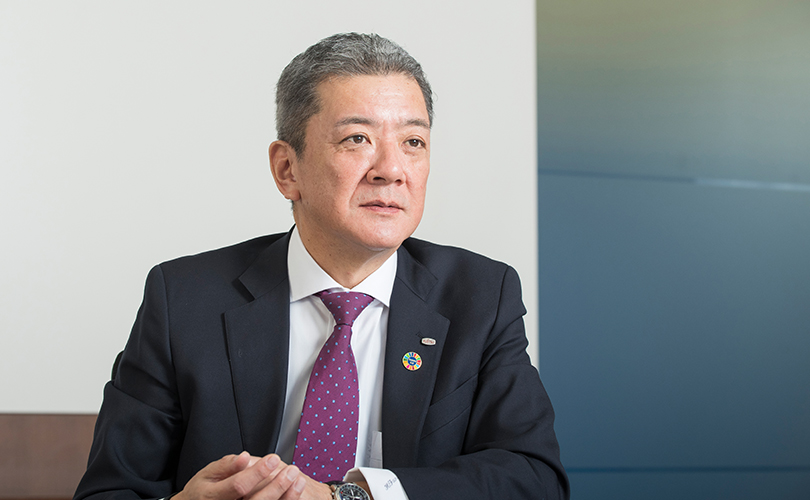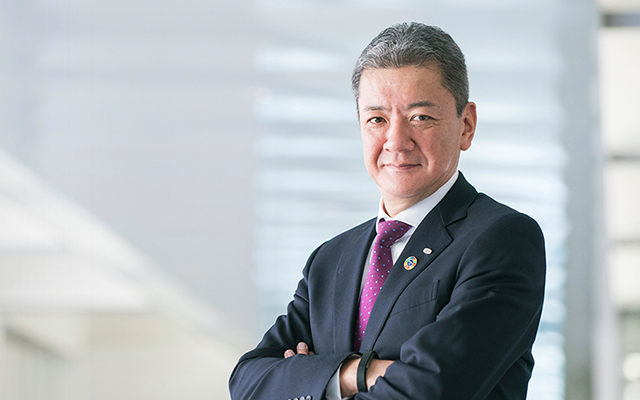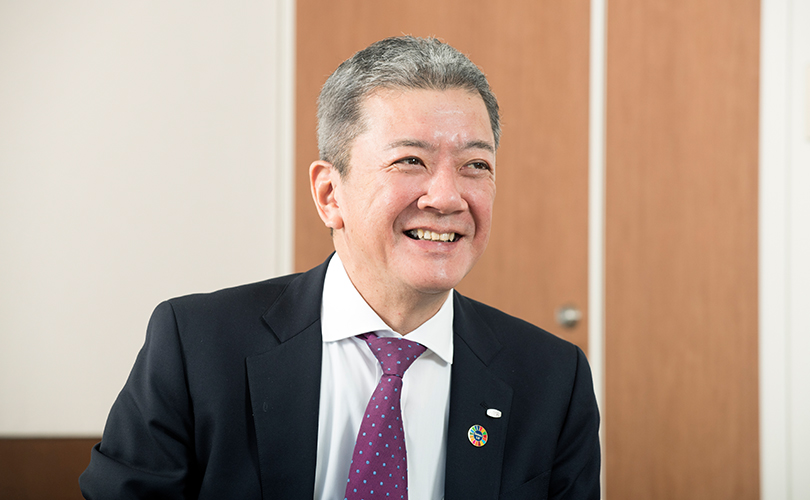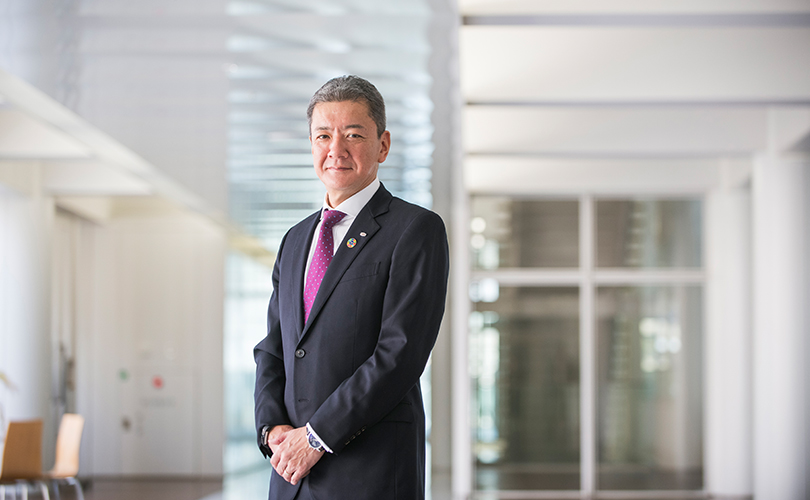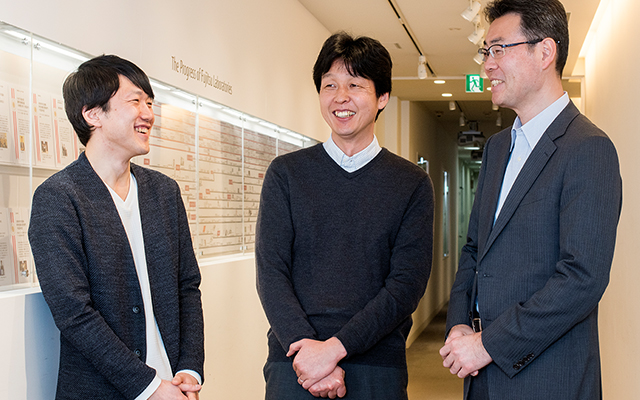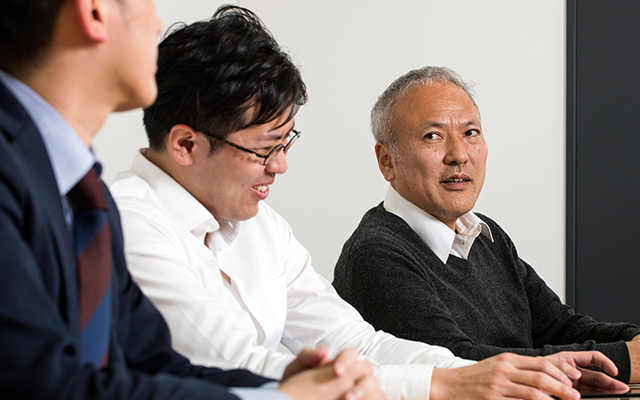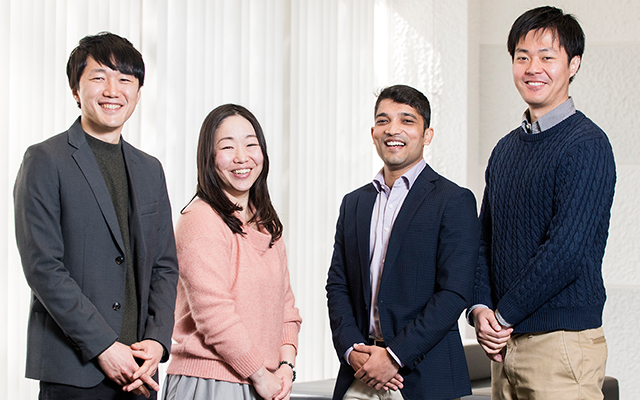Fujitsu Laboratories is a wholly-owned subsidiary of Fujitsu Limited established in 1968 as an independent research organization to engage in developing technologies that contribute to the development of society, economy and industry from a medium- to long-term perspective. Among other subsidiaries in the Fujitsu Group, we are proud of having continuously worked on R&D from this standpoint without being affected by the short-term performance of the parent company to support the Fujitsu Group business with our technologies for half a century. Based on our founding philosophy, which is to “develop the world’s top-level technologies to drive the growth of the Fujitsu Group in an autonomous and free atmosphere for researchers with broad consideration for what research and development ought to be”, I want our researchers to continue to take on challenges.
I took office as CEO of Fujitsu Laboratories in January 2019, but am also responsible for all business units at Fujitsu. This is an exceptional case in the history of the company and I would like you to see it as the manifestation of the Fujitsu Group’s determination for change for the future. Taking responsibility for both R&D and business, I intend to commit myself to management that ensures a sustained connection between the results of future-looking R&D and business.
In its long history, Fujitsu has changed its business strategies and portfolios in response to market changes, starting with communications equipment and expanding to computers, software and services. Today, as digital transformation is accelerating, the priorities of the R&D and the allocation of resources must be carefully decided according to changes, and the important thing is the speed of making decisions.
I myself have long been engaged in the development of customer systems in the manufacturing and distribution industries as a systems engineer and take pride in my excellent familiarity with customers in those industries in Japan. Subsequently, I have led various other divisions including overseas regions, which has provided me with a consistent and long background of facing customers from the perspective of “services business”. By making use of this perspective, in cooperation with business units I intend to facilitate speedy development of superior technologies that contribute to the businesses of the entire Fujitsu Group.
